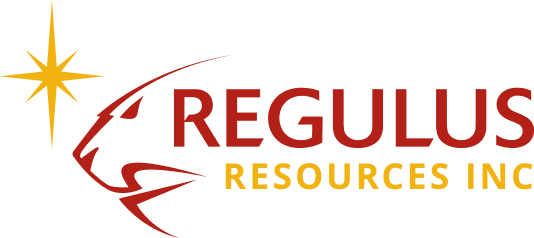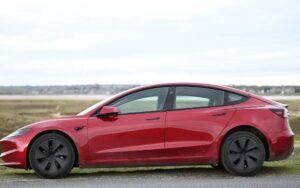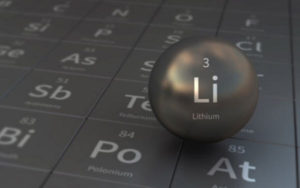Congo is moving to double taxes on cobalt, a move mining companies warned would inhibit investment in a metal experiencing a boom due to its use in cellphones and electric vehicles.
The Central Africa country holds as much as two-thirds of the world’s cobalt, putting it at the center of a growing piece of the global economy. The price of cobalt has doubled since the beginning of 2017 as mining, technology and auto companies rush to secure supplies of a metal that is a crucial ingredient in the lithium-ion battery.
The Congolese Senate passed late Wednesday the new mining code unanimously with the support of President Joseph Kabila, who is expected to sign it into law. Over the past three years, Congo has struggled to raise enough revenues to pay public workers and fund social projects, fueling discontent across the impoverished nation, roughly the size of Western Europe.
A Congolese government spokesman said the new taxes—which also raise levies on copper and nickel—would give the country’s 80 million people “ a fair share” of its natural resources.
Mining-industry groups lobbied against the law unsuccessfully and decried its potential impact on Thursday. The new taxes would hit cobalt producers like Swiss commodities giant Glencore PLC and potentially make the metal more expensive for automakers and technology companies trying to lockdown supplies.
“This revised mine code will hurt investments in a significant way,” said John Nkono, the secretary-general of the mine industry group Chamber of Mines, in an interview. “Government has ignored our advice on almost every aspect including on royalties and tax rates…it is total chaos.”
Glencore declined to comment. The company pointed to a statement in December signed by a Congolese subsidiary that said the country’s mining-reform plan would “have a major negative impact on ongoing mining projects in the Democratic Republic of the Congo.”
Congo first attempted to revise the 2002 mining code three years ago before suddenly withdrawing it following a slump in global metal prices, amid fierce objection from miners. In May last year, the government reintroduced the bill, saying that despite strong growth registered by the mining sector, it continues to lag behind in terms of revenue contributions to government.
Mr. Kabila is in the midst of a political crisis as he refuses to step down after the official end of his tenure in 2016 and tries to extend his power.
“The adoption of this bill coincides with a time where President Kabila needs more resources to keep himself in power,” said George Ott, an analyst with NKC African Economics “It also provides him with the opportunity to use the newfound revenue on projects to salvage what is left of his legitimacy and to dampen opposition.”
Under the revised code, Congo will classify metals such as cobalt and Tantalum, a rare blue-gray metal used in smartphones, as “strategic substances”, allowing government to tax them at higher rates.
BMO Capital Markets expects cobalt prices to double in the next two years.
“Mr. Kabila is betting on the global trends in cobalt demand, in which the DRC will remain the essential source that will leave international mining companies with little option but to adapt to the regulatory changes,” Mr. Ott said.
Source: WSJ.com







